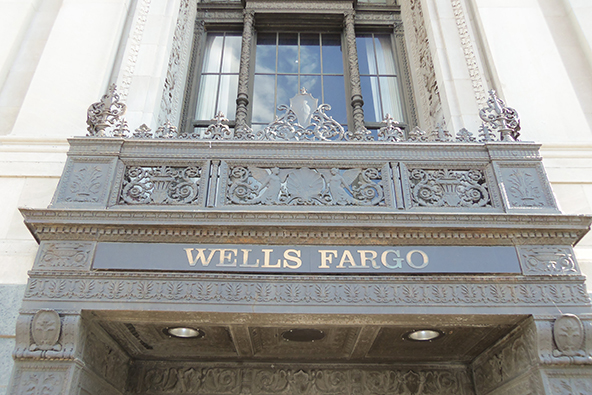Banks Discontinue Debit Rewards Programs

The backlash from top U.S. banks against the proposed limits on debit card interchange fees, scheduled to take effect in April, continues and is intensifying. The latest casualties are the debit card rewards programs. Several big issuers have already decided to discontinue their programs, while others are still considering their options.
Wells Fargo and Chase Discontinue Debit Rewards
JPMorgan Chase was the first big bank to start notifying its customers last week that their debit rewards programs would end on July 19. The New York-based bank had already discontinued the program for new customers in February.
Then a few days later Wells Fargo followed suit, announcing that new customers would no longer be able to collect debit rewards. The policy took effect for the bank’s former Wachovia customers on March 27, while for Wells Fargo customers the effective date is April 15. Wells Fargo purchased Wachovia in the wake of the financial meltdown of 2008. For now existing debit card holders will not be affected by the change.
SunTrust, a large regional bank with operations in many Southern states, will also stop offering debit card rewards to new customers on April 15, while existing cardholders will be able to use their rewards until the end of the year.
We have not yet heard about any upcoming changes from the other top issuers, but there is little doubt that we will soon.
Debit Rewards Fall Victim to Interchange Limit
The slashing of debit rewards was widely expected to be among the unintended side effects of the Federal Reserve’s rule limiting interchange fees on debit transactions, along with the limiting of debit transaction size and the increase of ATM fees.
The Fed’s rule, if enacted in its present form, will limit the amount card issuers can charge merchants accepting their debit cards to $0.12 per transaction. According to the Fed’s own calculation, this is a 70 percent decrease from current rates, which are established solely by Visa and MasterCard.
So issuers stand to lose a big chunk of revenue and are looking for ways to make up for the shortfall in some other way. Various estimates put the figure of total annual losses for U.S. issuers at anywhere between $13.6 billion, according to CardHub.com report and $25 billion, according to a?áreport from Boston Consulting Group (BCG).
Delay the Fee Limit?
Following heavy lobbying from the bank industry, bills have now been introduced in each chamber of Congress that would delay the enactment of the debit rule for two years. If successful, issuers will then have plenty of time to get the rule scrapped altogether.
Wells Fargo has already announced that, if the interchange fee limit is postponed, the bank could resume its debit reward program. Presumably, if that is the case, other issuers will be happy to follow suit.
Unsurprisingly, the sponsor of the amendment that gave rise to the Fed’s rule is not happy with the prospect of it being postponed. “Delaying this for two years is literally a $30 billion handout to the biggest banks and credit card companies,” Sen. Dick Durbin told CNBC in an interview.
We don’t yet know what the outcome of this particular fight will be. Whatever it is, though, issuers will not be the losers.
Image credit: Wikimedia Commons.


